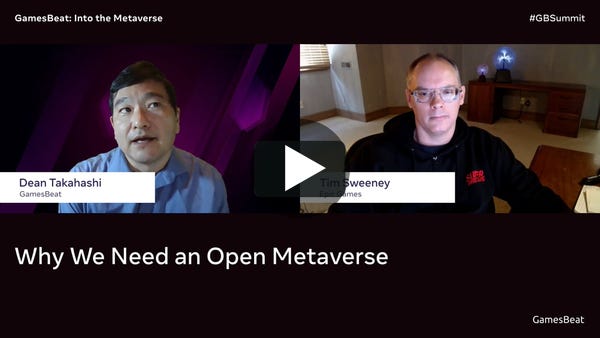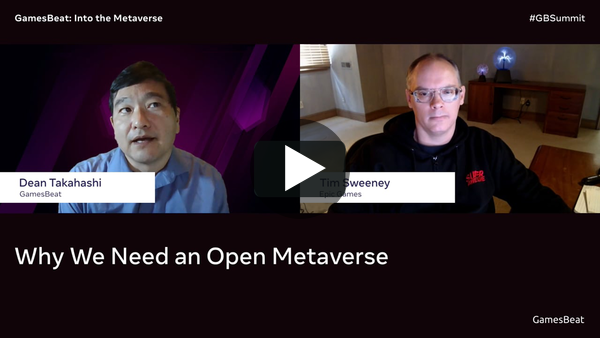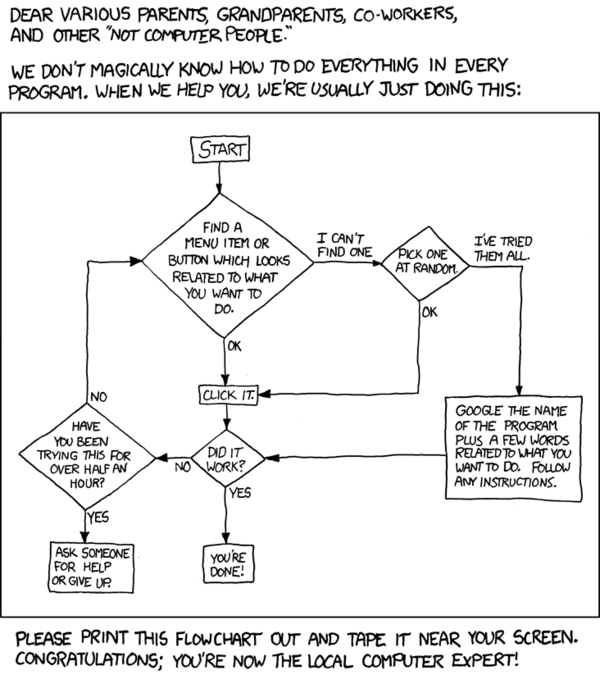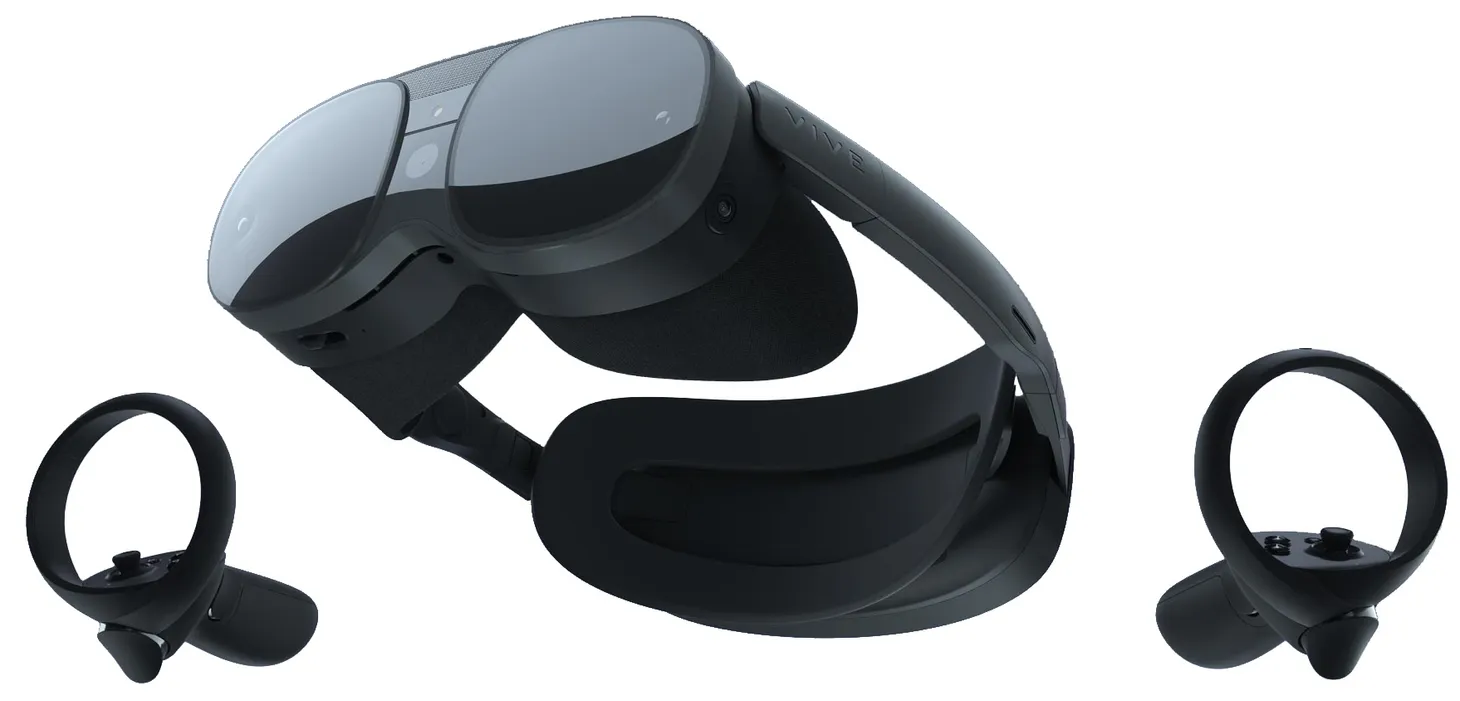Lost in the settings
I know my way around system menus. And I love exploring how to optimise the tools I use. The fact they exist can often be a big part of whether I feel like it’s safe to fall in love with a given piece of software – is this willing to let me make it work ‘just right’?

I know my way around system menus. And I love exploring how to optimise the tools I use. The fact they exist can often be a big part of whether I feel like it’s safe to fall in love with a given piece of software – is this willing to let me make it work ‘just right’?
But for most people, this is so far off the mark it might as well not exist. And if making something work – at all – means many users need to make Settings adjustments to ensure they have a good experience, your product might as well give up on those users too.
I’m testing the HTC Vive Pro 2 right now. I’m a huge fan of VR, and the HTC hardware. When the competition is basically Facebook, with Facebook accounts required to access your VR hardware, HTC is the place to be.
Having had an OG Vive for a long time now, testing a higher res, wider view, more capable headset sounded great. And right out of the box I can see that it’s better than before. But…
My original Vive never once felt like I had a motion sickness problem. Not in the slightest. And this one? Suddenly there was a slight disconnect between what I saw, the movements my head made, and what my eyes were seeing.
After some reading, I realised that it’s basically because the new hardware is too good for the 2021 high-end gaming laptop it was plugged into. Even a high-end Nvidia 30 series GPU won’t deliver everything this headset is capable of. So I need to get into the settings to find the sweet spot for today. Reduce the rez, cap the framerate, tweak and test until it doesn’t do the bad things.
I keep wishing VR would have its breakthrough moment for home use. But when the latest and greatest has problems like this, it’s still the domain of enthusiasts.
At the other end of the scale there are stand alone HTC headsets you can pop on your head wirelessly to go to a virtual meeting or experience a quick moment of serenity in the face of a doomed world. They are pitched toward ‘enterprise’ use, but we need to bridge that divide between settings-free ease of use and being able to wow people with a great experience.
If you need me, I’ll be tweaking those settings this weekend to see if I can find the Vive Pro 2 sweet spot it needs to work ‘just right’.
Must Read
Unreal is a company headed up by Tim Sweeney, who is famously striving to put technology in place to underpin a potential Metaverse.

Why We Need an Open Metaverse
Most loud online assholes are typically loud offline assholes too
New research suggests that the internet is not responsible for making people become more aggressive when engaging in political discussions online, but rather makes the behaviour of more aggressive people more visible.
XKCD #627

Chaos is a ladder? Wait, not that one...
As a long-time basketball fan and player, my understanding of pivoting is that you don’t just do it once and that’s that. You need to do it a lot to find the space you need to move the ball forward.
I’m in the midst of pivot #326, I guess, for Byteside, but I’m pleased that this one feels like it will ensure the fundamental part I love about it – creating a space for emerging and diverse writers to talk about the impact of digital on society – will be sustainable.
I’ll share a post next week to explain all.
'Content transparency' indeed...
Facebook shelved an earlier report on popular posts
The company praised itself this week for being “the most transparent platform on the internet.”
After this NYT story, Facebook relented and released the Q1 report.
Brain food
Nvidia reveals its CEO was computer generated in part of major keynote
I love that Nvidia waited a few months to reveal what it had done on this. Jensen is a very public figure so the idea that no one really noticed a small segment was a virtual Jensen mixed in with other real Jensen segments is a nice way to play with its tech.
Why people like working from home
“Remote work empowers those who produce and disempowers those who have succeeded by being excellent diplomats and poor workers, along with those who have succeeded by always finding someone to blame for their failures. It removes the ability to seem productive, and also may reveal how many bosses and managers simply don’t contribute to the bottom line.”
On Roblox, kids learn it’s hard to earn money making games
A new report claims that the massive video game platform can exploit young developers.
Cool
The hardest part of making a game is... everything
Game devs of all sizes and scopes respond to the question: “What is a thing in video games that seems simple but is actually extremely hard to make?”
Streamlabs launches monthly tips as an alternative streaming payment method
I missed the part where Logitech owned Streamlabs. I use Streamlabs for my streaming setup and it’s great. This seems great too.
Happy birthday, Linux: From a bedroom project to billions of devices in 30 years • The Register
Greg Kroah-Hartman talks to El Reg about world domination, what was, and what may be for the kernel
Byteside Newsletter
Join the newsletter to receive the latest updates in your inbox.


